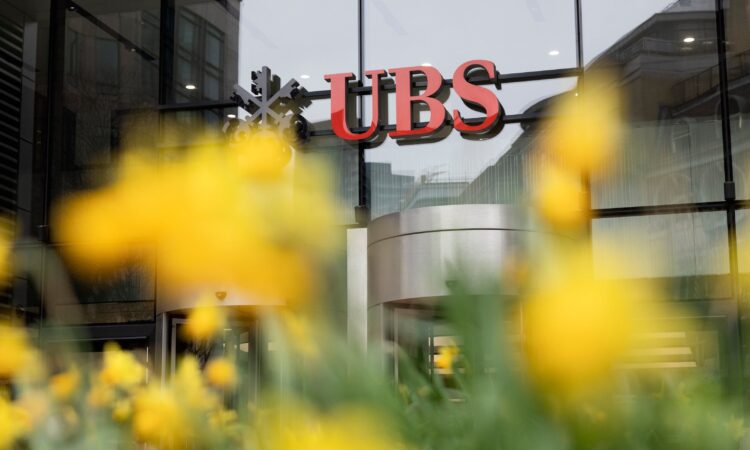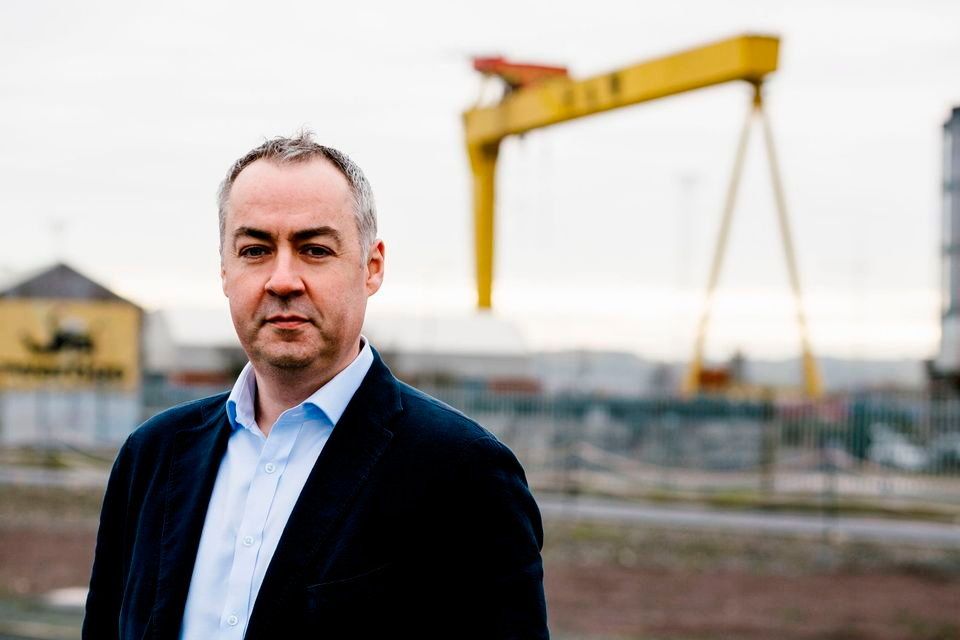
Efforts under way to contain unrest in global banking sector as it spreads into second week
Economists have warned any further hikes in interest rates could increase volatility in the banking sector, which is continuing into a second week despite efforts to contain the crisis.
The early hours of Monday morning saw UBS swoop in with a $3.25bn emergency rescue package for Credit Suisse, well below its market value. It follows the collapse of Silicon Valley Bank last week.
The FTSE-100 index at the close on Monday was up 68.45 at 7403.85. But it fell by as much as 129 points shortly after the markets opened following the rescue.
The Bank of England’s Monetary Policy Committee (MPC) is due to announce its latest rate on Thursday and had been forecast to implement one further increase to a peak rate of 4.25%.
But the MPC is now coming under pressure to maintain the rate at 4%, amid concerns last week’s European Central Bank (ECB) hike to 3.5% may have hampered efforts to prevent contagion in global banking.
Gareth Hagan
Prime Minister Rishi Sunak’s official spokesman reinforced a Bank of England statement that the UK banking system remains safe and well-capitalised, while ECB president Christine Lagarde told MEPs it will respond as necessary to preserve price and financial stability.
Gareth Hagan, chief executive of inward investment advisers OCO, said a banking crisis was not likely as UK banks are much better capitalised than back in 2008.
“There is a tricky balance for banks and regulators to ride through over the next months though, as we seek to get inflation under control whilst at same time ensuring that high interest rates don’t create challenges in the banking sector around defaults on existing lending and throttling new lending which is fundamental to getting the economy moving again,” he said.
Ulster Bank chief economist Northern Ireland Richard Ramsey believes MPC may well go ahead and bump the rate up by a further 0.25 percentage points.
The UBS takeover has at least removed Credit Suisse as the main source of concern within markets from the at-risk table, he said.
“Nevertheless, sentiment is likely to remain cautious as investors monitor the evolving picture within the global banking industry,” said Mr Ramsay.
“Later this week attention will turn to the Federal Reserve and the Bank of England. Will the recent market turbulence crimp their interest hiking ambitions?
“Last week’s UK Budget provides some additional fiscal impulse into the system. In the absence of the recent events relating to Silicon Valley Bank and Credit Suisse, the Budget’s additional fiscal stimulus would require another one or two 25 basis points interest rate hikes. Under the current circumstances, that looks unlikely.
“Indeed, financial markets’ pricing assigns only a 20% chance of a 25 basis points rise on Thursday and only a 60% chance of Bank Rate peaking at 4.25% later this year.
“While the chances of the MPC pausing after 10 successive months of rate hikes has undoubtedly risen, be prepared for a final rate hike to 4.25% on Thursday.”
Richard Ramsey
Ulster University Economic Policy Centre director Gareth Hetherington said the events of the last few weeks highlight lessons have not been learnt from the financial crash of 2008.
“The immediate priority is to avert contagion where problems with one bank, in this case Credit Suisse, do not cause direct problems in other financial institutions,” said Mr Hetherington. “The Swiss government-backed takeover by UBS is an important step to provide stability and confidence to the markets.
“However, falling share prices across the financial sector points to the second big task for authorities, which is to understand where the next problems may arise. At present, the current situation is uncertain.
“This all adds to the pressure on the Bank of England, who are meeting later this week, to hold fire on further interest rate rises until there is greater certainty on the stability of the financial sector.”







